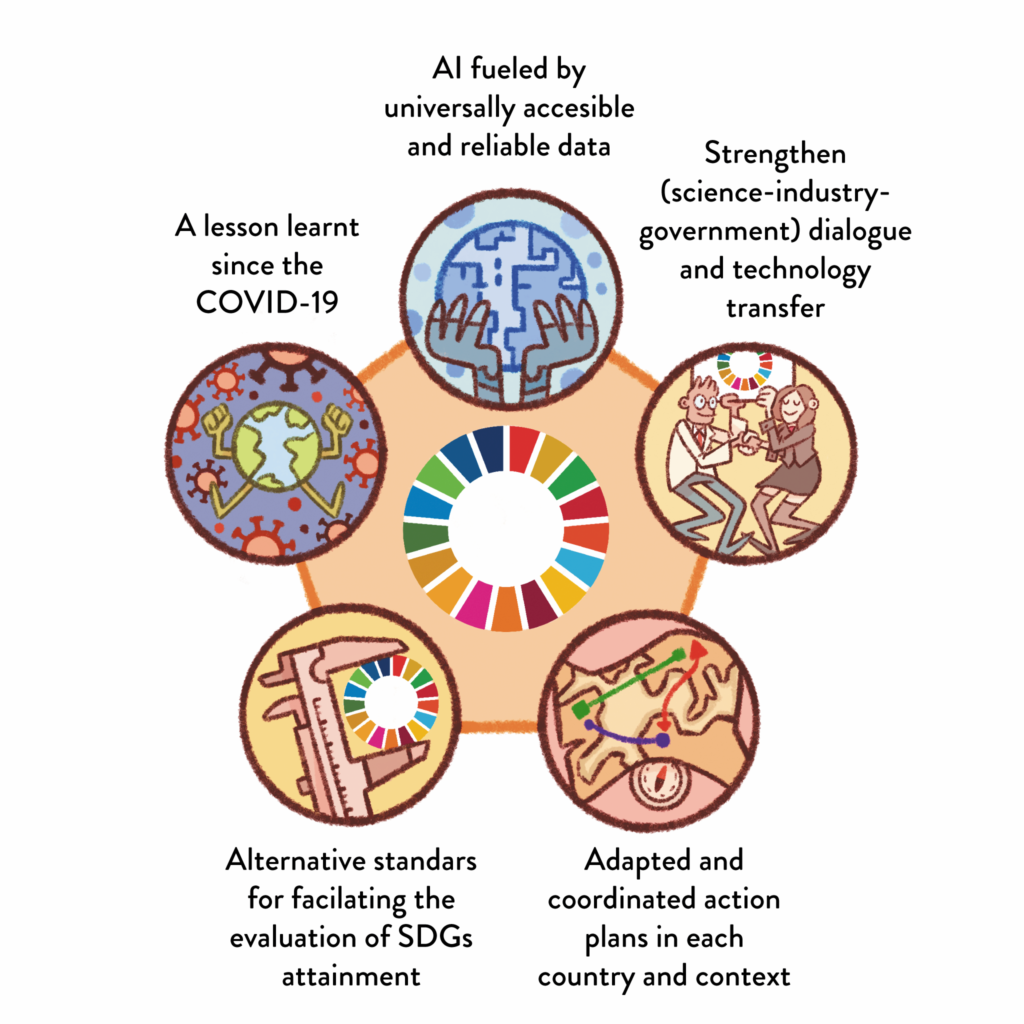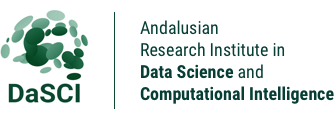Study examines Artificial Intelligence as a means to achieve the Sustainable Development Goals
9 February, 2021
Ferrovial has partnered with Spain’s Royal Academy of Engineering (RAI) and the University of Granada (UGR), through the DaSCI Research Institute, to examine the 17 Sustainable Development Goals (SDGs) with a view to understanding how engineering and the technology solutions strongly anchored in Artificial Intelligence (AI) can help attain the goals.
The UN established the 17 Sustainable Development Goals (SDGs) to protect the planet and ensure prosperity for all. The goals signal a paradigm shift in the way companies and governments design new business models and public policies based on sustainability. Governments, the private sector and civil society all have an important role to play in this regard.
The project, entitled “Engineering as a Path to the SDGs: Artificial Intelligence and Disruptive Digital Technologies” was launched in March 2020 and focused on studying artificial intelligence and digital technologies and their application to the 17 goals of the 2030 Agenda. The result is a 465-page book, with original illustrations by Pablo García-Moral, written by a team of 16 people coordinated by Rosana Montes (UGR), Francisco Herrera (UGR and RAI), Javier Pérez de Vargas (RAI) and Rosario Marchena (Ferrovial).
The book, entitled “Inteligencia Artificial y Tecnologías Digitales para los ODS” (Artificial Intelligence and Digital Technologies for the SDGs), by Rosana Montes and co-authors, published by Real Academia de Ingeniería, is organized into three parts: an introduction to artificial intelligence and digital technologies, an analysis of their application in achieving the SDGs, and a set of recommendations on actions that may lead to the execution of projects and contribute to the attainment of the associated targets. In this connection, specialist scientific literature was reviewed, including more than a thousand bibliographic references on the 169 targets that are proposed in order to achieve the SDGs.
The book concludes with a brief discussion revolving around five key lessons learned, which are outlined in the graphic below:

The study can be consulted and downloaded through the following link:
http://www.raing.es/es/publicaciones/libros/inteligencia-artificial-y-tecnolog-digitales-para-los-ods





